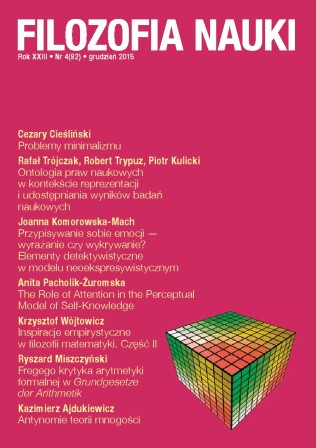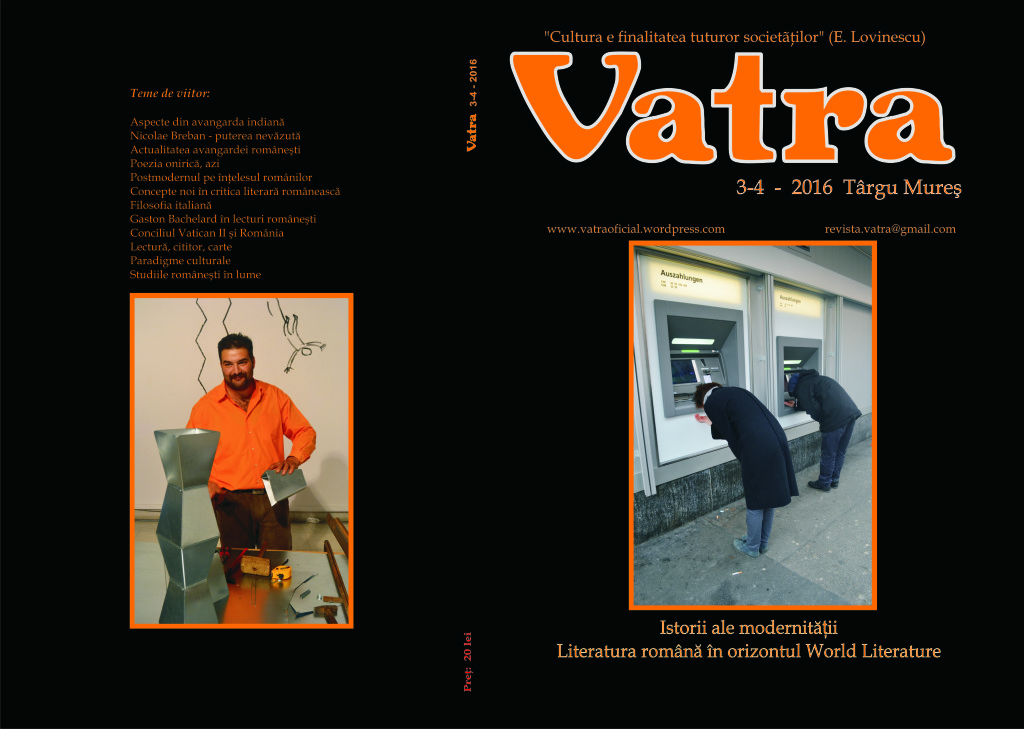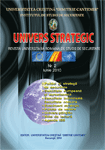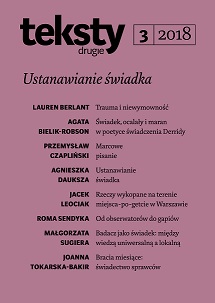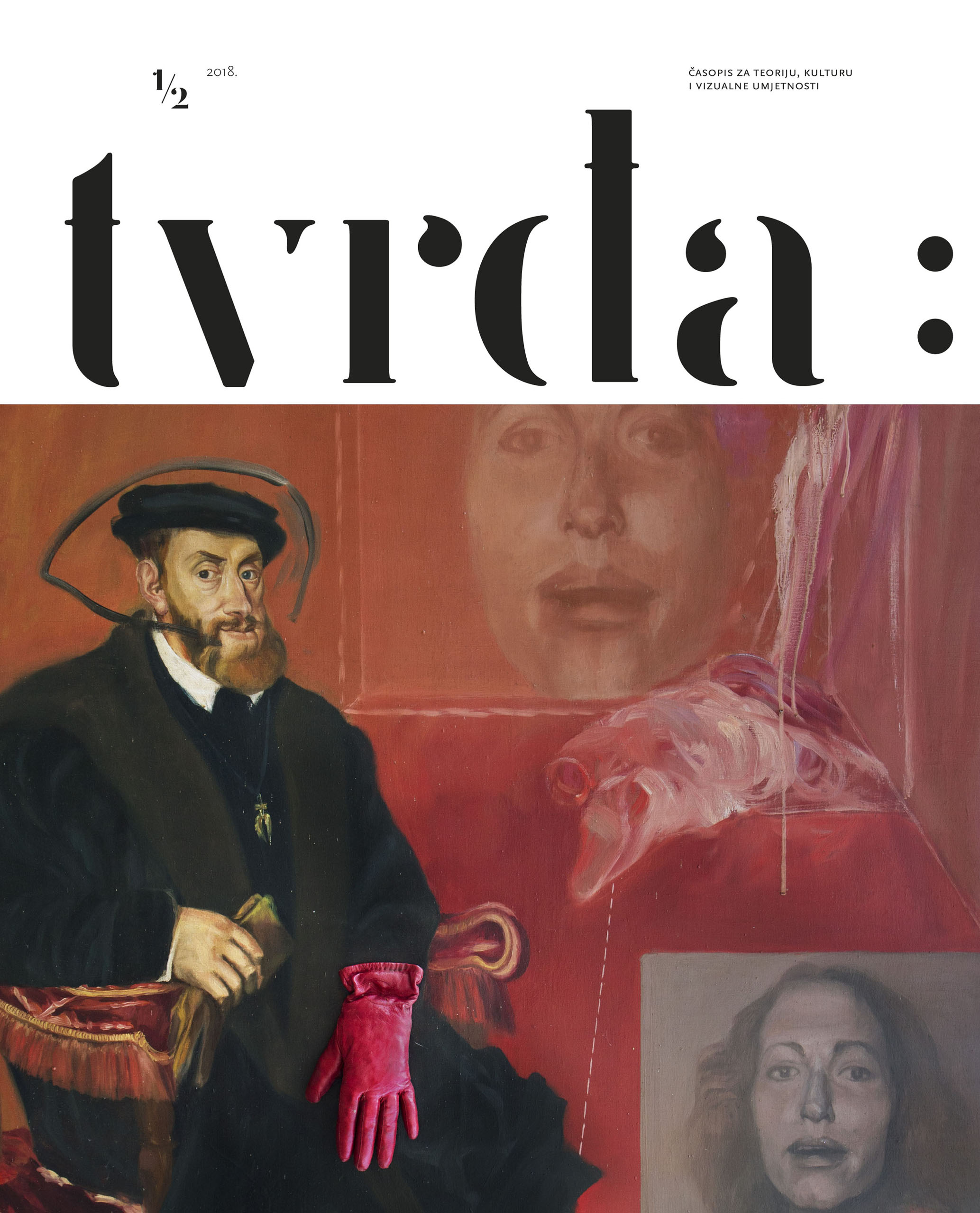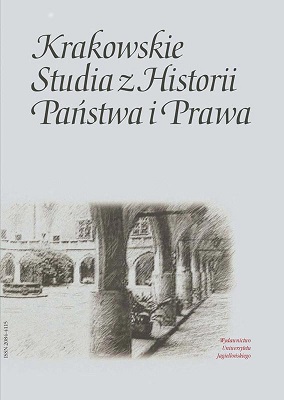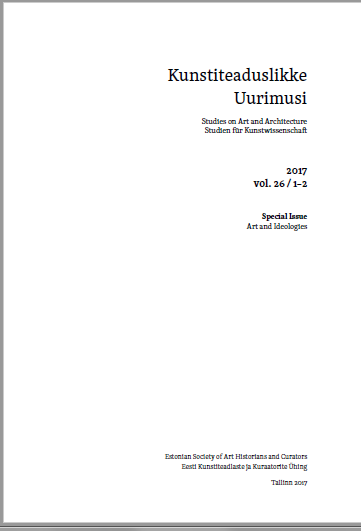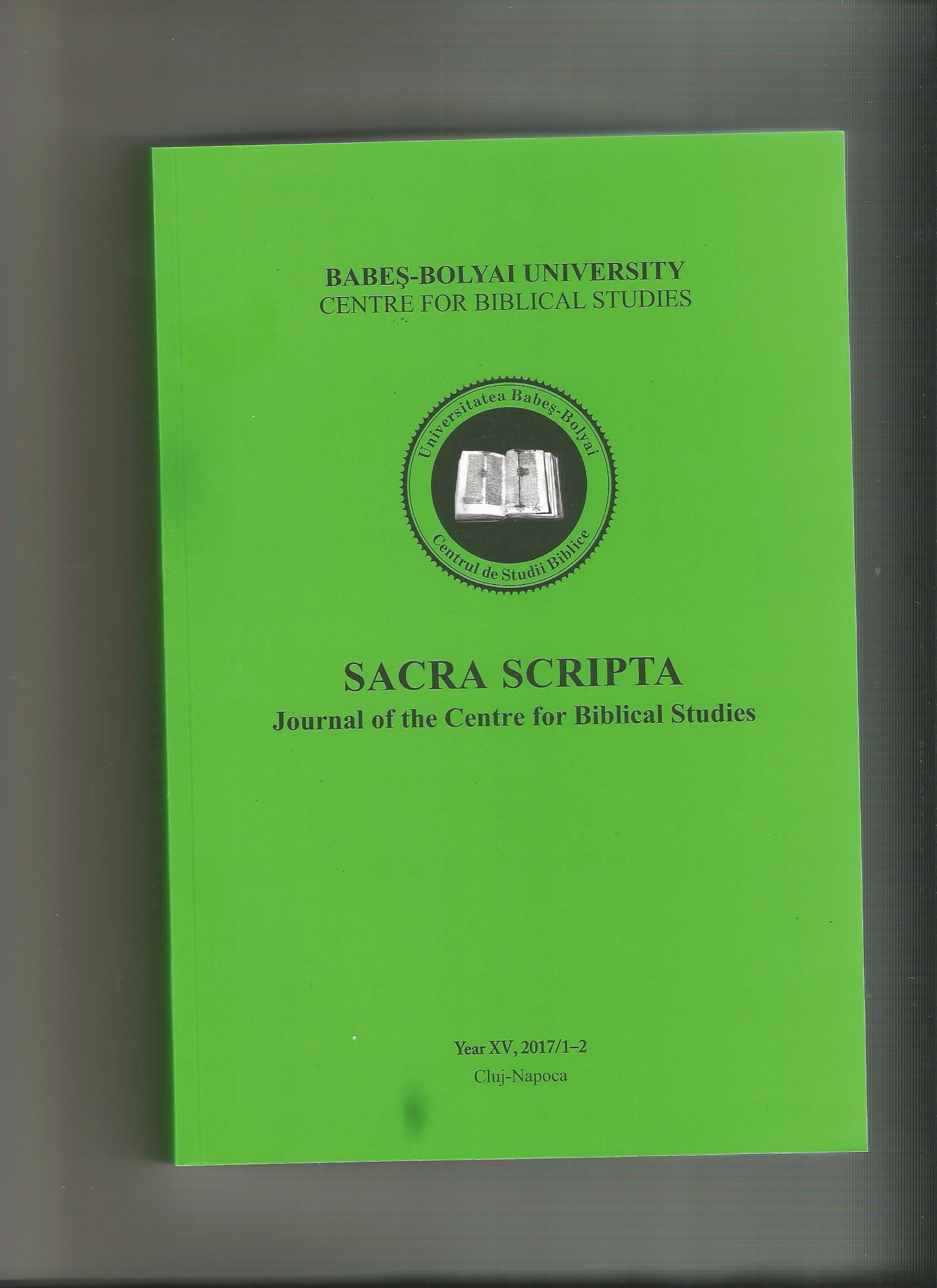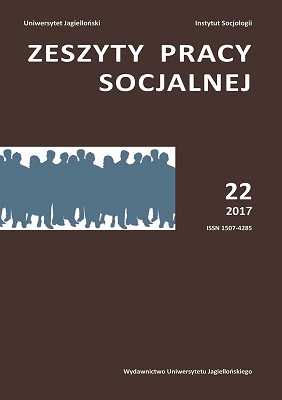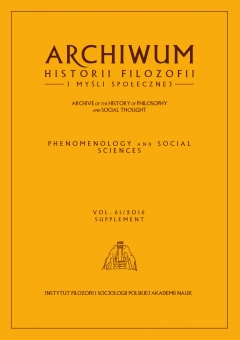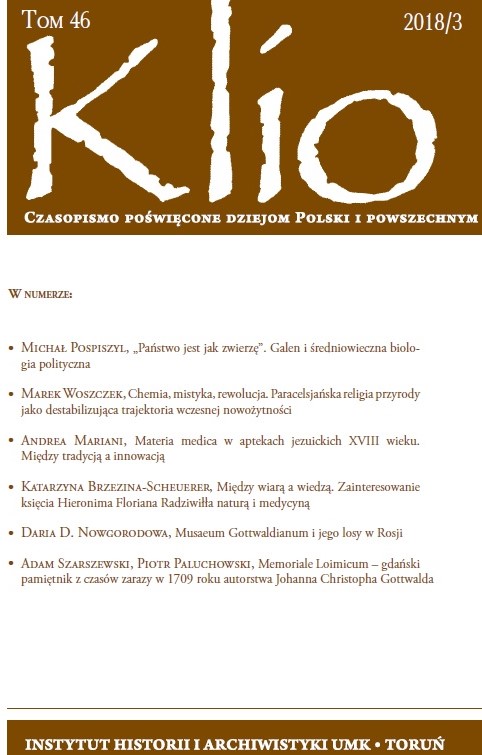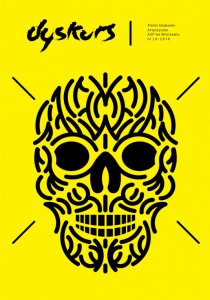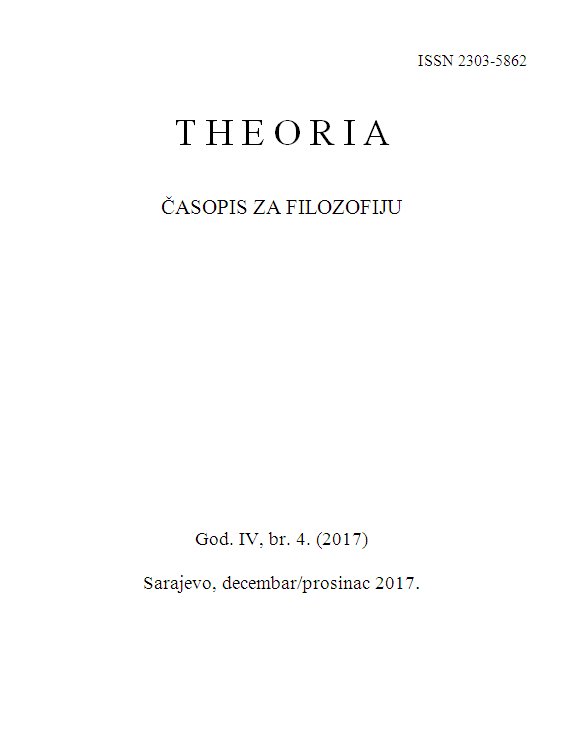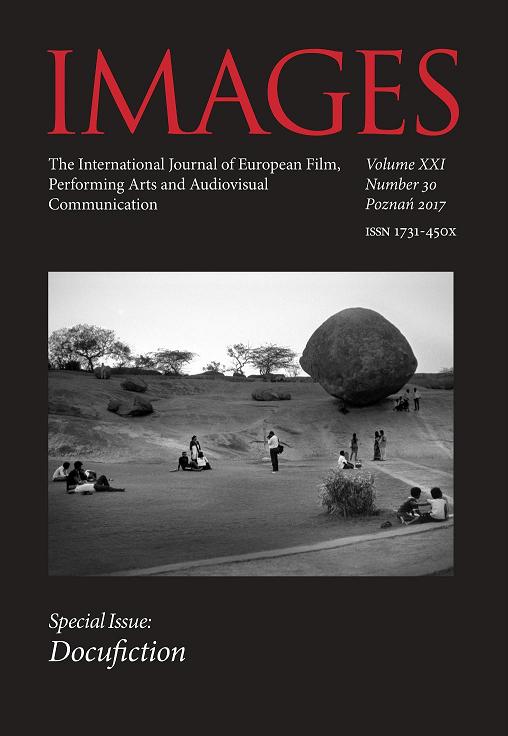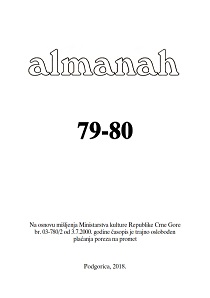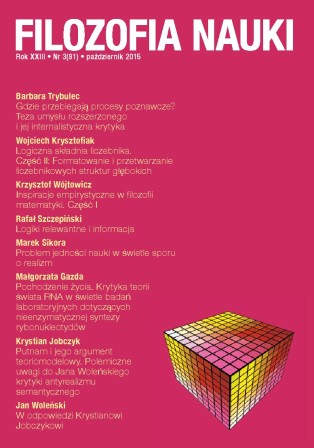
Logiczna składnia liczebnika
Część II: Formatowanie i przetwarzanie liczebnikowych struktur głębokich
The aim of this paper is to present a formal theory describing ways of formatting and processing numerals. The range of application of the theory comprises both digit numerals and verbal numerals. Main philosophical assumptions underlying the theory are as follows: (1) In the mind, there are encoded mental representations of numerals understood as deep language-structures transformable into numerals of all systems of their language-record understood as surface language-structures. (2) Representations of numerals are formatted in accordance with a special grammar, called the logical syntax of numerals (LSN). (3) LSN describes ways of generating all types of mental representations of numerals. (4) Mental representations of numerals, called logical numerals, are expressions of a special mental language, called the logical language of numerals (LLN). (5) Within LLN, there holds the relation of numeral transformability of logical numerals into another logical numerals with accuracy to their denotational identity.(6) The logic of numerals (LN) describes inferential properties of the relation of numeral transformability.(7) Upon logical numerals, there are also determined some operations; in particular,the operation of adding logical numerals which manifests itself in writing digit numerals in columns in the Hindu-Arabic numeral system.
More...
